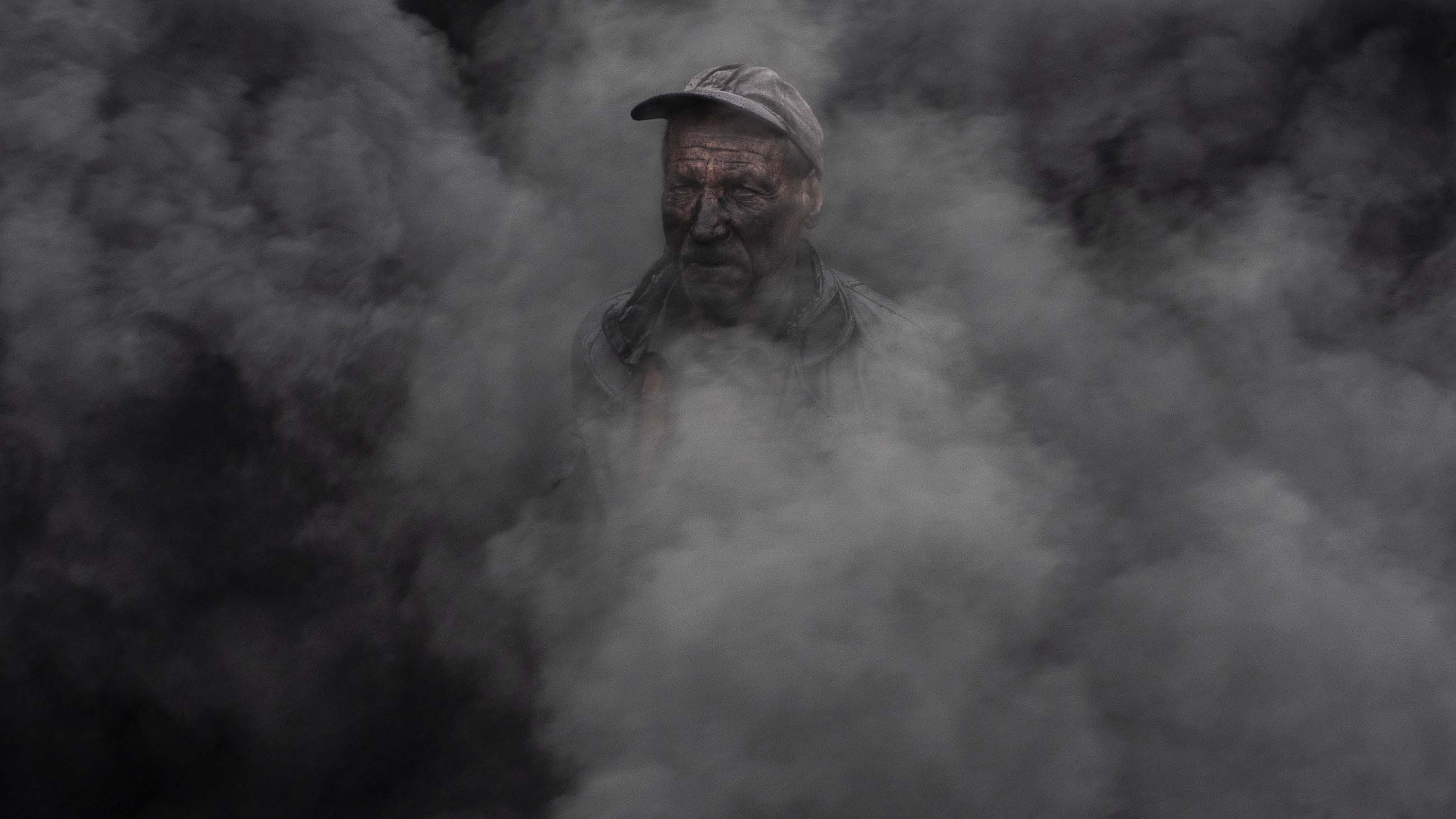Undark’s ‘Breathtaking’ Series Wins a George Polk Award
When we launched Undark just three short years ago, uncertainty prevailed. How long would we last? How best to support freelance journalists — and journalism generally — in covering science? And what in the world is a bounce rate?
One thing we never questioned, however, was our mission, which was to produce high-quality, fact-checked journalism at the intersection where science meets the lives of everyday people. That mission is what guided Breathtaking, a global and visually expansive, multipart exposé on air pollution anchored by the multimedia storytelling of two-time Pulitzer prizewinning journalist Larry C. Price. And so we are deeply proud and grateful that the judges of the 70th Annual George Polk Awards have chosen to honor Larry and his many collaborators on that series for Undark.
The topic is worthy: Although it is often overlooked amid other global killers like smoking, poor diet, and obesity, fine particulate air pollution — also known as PM2.5 — is directly responsible for taking the lives of more than 4 million people globally every year. And given that much of that pollution arises from factories, cars, power plants, and other entrenched sources, the people most exposed to foul air often find themselves powerless against economic and political forces that can seem cruelly indifferent to their suffering.
We wanted to bring that suffering to the fore, and to highlight impediments to reform — but capturing that in a visceral way was no easy task. “The visual challenge was to humanize the story,” Larry told me when I asked about the hurdles, “and to find compelling vignettes to illustrate the health effects of PM2.5 pollution.” Working alongside our writers on the ground, Larry and the Undark team found those vignettes and brought them to our audience in a tour de force of digital imagery — including 360-degree videos, drone footage, and still photography.

“It’s distressing and depressing to witness the global suffering this issue causes,” Larry said, adding: “I [also] question whether humanity is willing to make the choices necessary to reverse some of the runaway consequences of global development.” Such pessimism can be forgiven amid worrying global trends, but one thing is dead certain: Change rarely comes when problems remain in the shadows. By turning their focus to this global killer, Larry and the many other journalists who contributed to this series were acting out the social contract at the very heart of a free and unfettered press: Bearing witness; exposing suffering; and speaking truth to power.
The project was supported by a wide cast of contributors, including the entire team here at Undark; the talented local writers whose stories accompanied each installment; the unflinching journalistic rainmakers at the Pulitzer Center on Crisis Reporting, which helped to underwrite the project; the talented visual journalists at STAT News who produced our introductory video and helped to bring Larry’s 360-degree imagery to life; Talia Bronshtein, whose interactive graphics brought the sobering air pollution data provided by Air Visual into stark relief; and our site developers at Linchpin, who helped to create the platform on which the entire Breathtaking series rests.
Everyone who helped to bring this project together shares a part in this prestigious award, and they all deserve to take a bow — though being the folks they are, I know they won’t. Instead, they’ll note that people are still suffering, and that we should all get back to work. And so we will.
I’ll close with a few words we received from Chika Okorafor Aneke, the headteacher of the Ikoyi Nursery School in Lagos, Nigeria — one of the many countries we visited. It reinforces our belief that this sort of work matters, and that there is so much more of it to be done:
I read the Undark story on air pollution in Nigeria and was alarmed; the photos were shocking. Since coming to Nigeria as a UNDP education technical advisor with semi-diplomatic status 12 years ago, it is an issue I have become increasingly conscious of, having lived in Port Harcourt and now Lagos. I have a science background and as headteacher of Ikoyi Nursery School, I want to raise awareness. I shared the information with my teachers, [and] none of them were aware of air pollution and we are now trying to educate them. Our parent-led committee has also shown an interest and we are now budgeting for air purifiers and an air quality monitor. I am also trying to encourage parents to send their children to school with face masks that can be worn during outdoor play when the air is bad. It’s such an important issue. I hope eventually we can make Ikoyi Nursery School into Nigeria’s first clean air school, and with good practices to lower the impact of air pollution on our small children, I hope others will follow our example.
Congratulations to all, and thanks for reading Undark.
Tom Zeller Jr. is the editor in chief of Undark Magazine.










